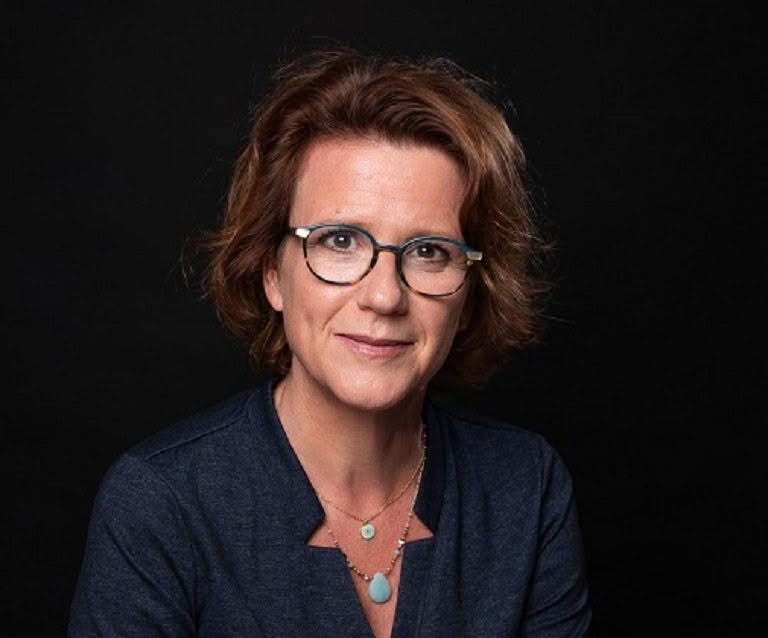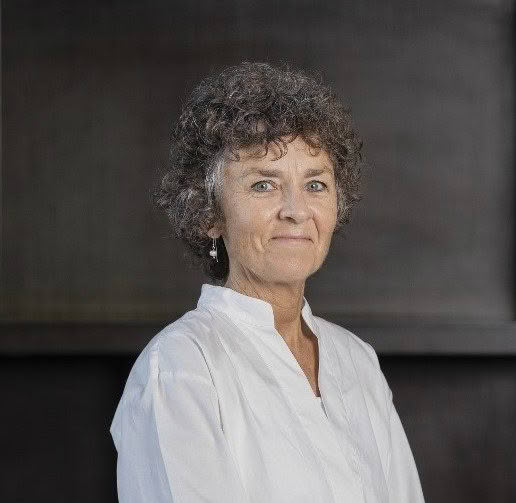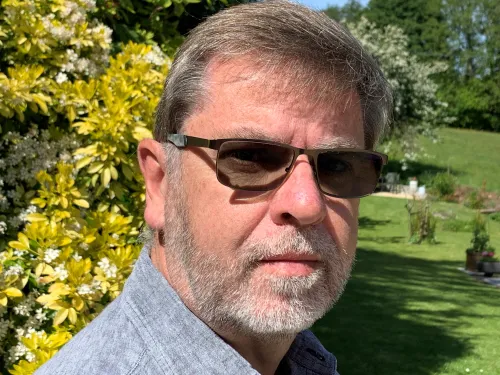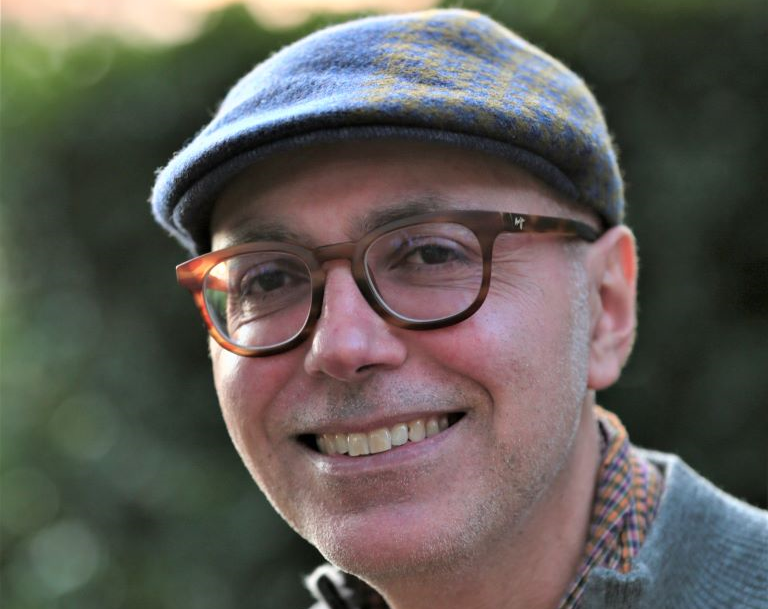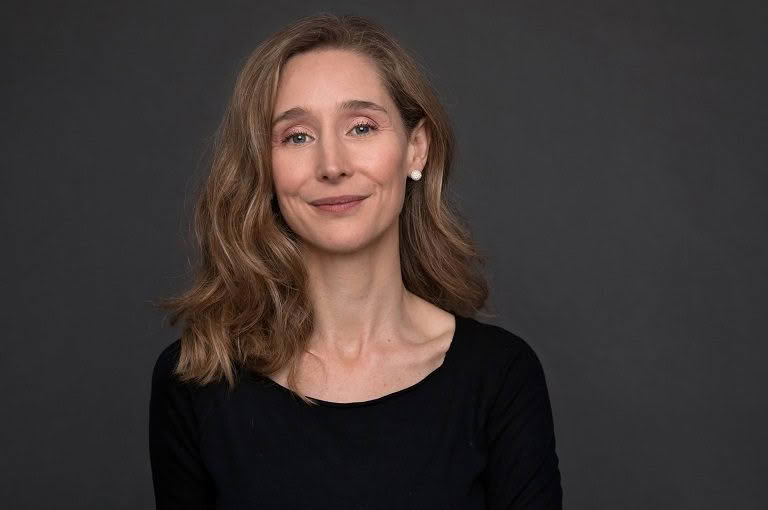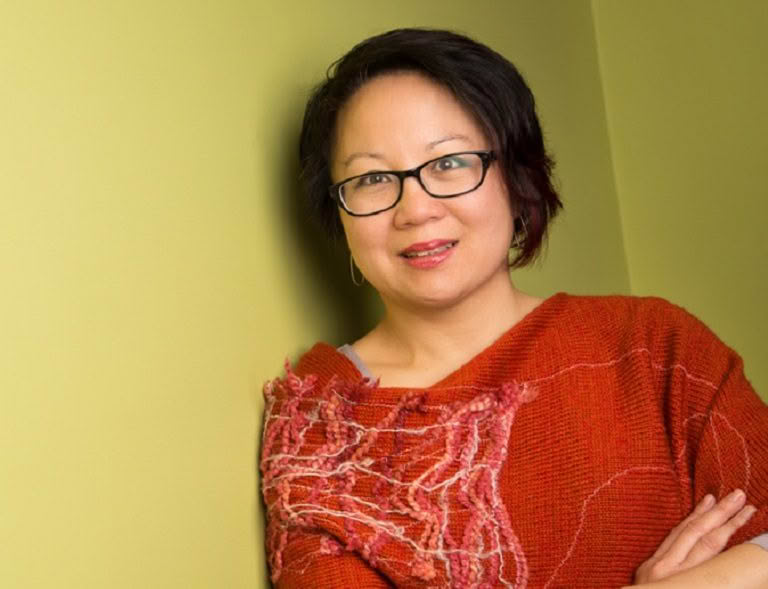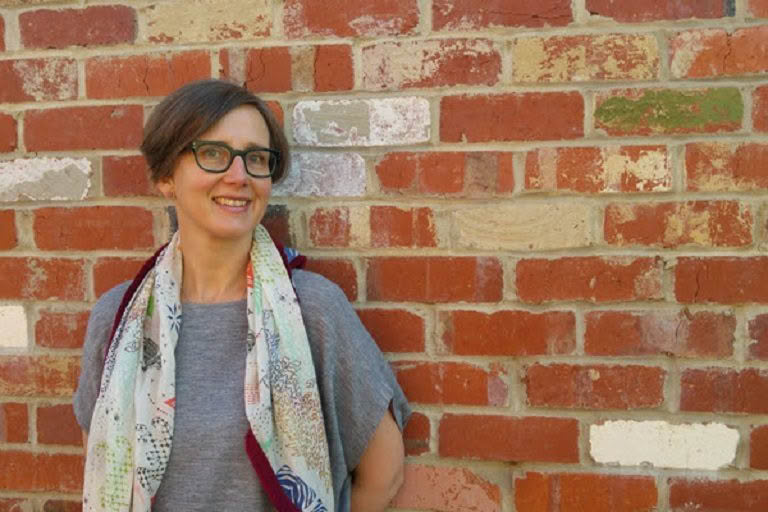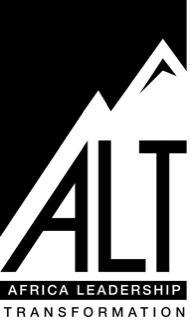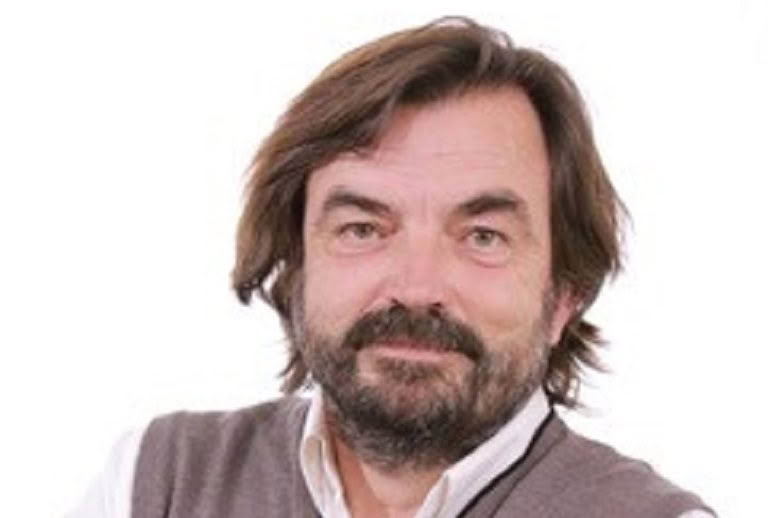
We are an inspiring and diverse global community who use the Map of Meaning® in our personal and professional lives.
Built on integrity, openness, and generosity, our community is a place for collaboration and growth between our Certified Practitioners, strategic partners, professional colleagues, friends, supporters and our founders. Guided by our principles, we come together to share practical tools and ideas to make meaning accessible to everyone.
We are stewarded by the Map of Meaning International Charitable Trust (registered in New Zealand) and our Board of Trustees.
Our Vision & Purpose
The primary purpose of the Trust is to promote the Map of Meaning® original work of the three originating trustees, and of the expanding community of practitioners, which identifies the key elements necessary for meaningful work and meaningful living by:
Promoting and sharing the Map of Meaning® Framework
Assisting people to define and stay connected to what is important to them as individuals and the community at large.
Assisting people to consciously create meaningful work and a meaningful life for themselves as individuals, meaningful work in their organisations and for the community at large.
To assist individuals, organisations, and the community at large to engage in meaningful enquiry and discussion.
Advance new knowledge contained in the Map of Meaning® for the benefit of the community at large.
Meet our People
Our Certified Practitioners are leaders, facilitators and change makers from private, public and not-for-profit sectors, representing a wide variety of professional fields
Our Trustees
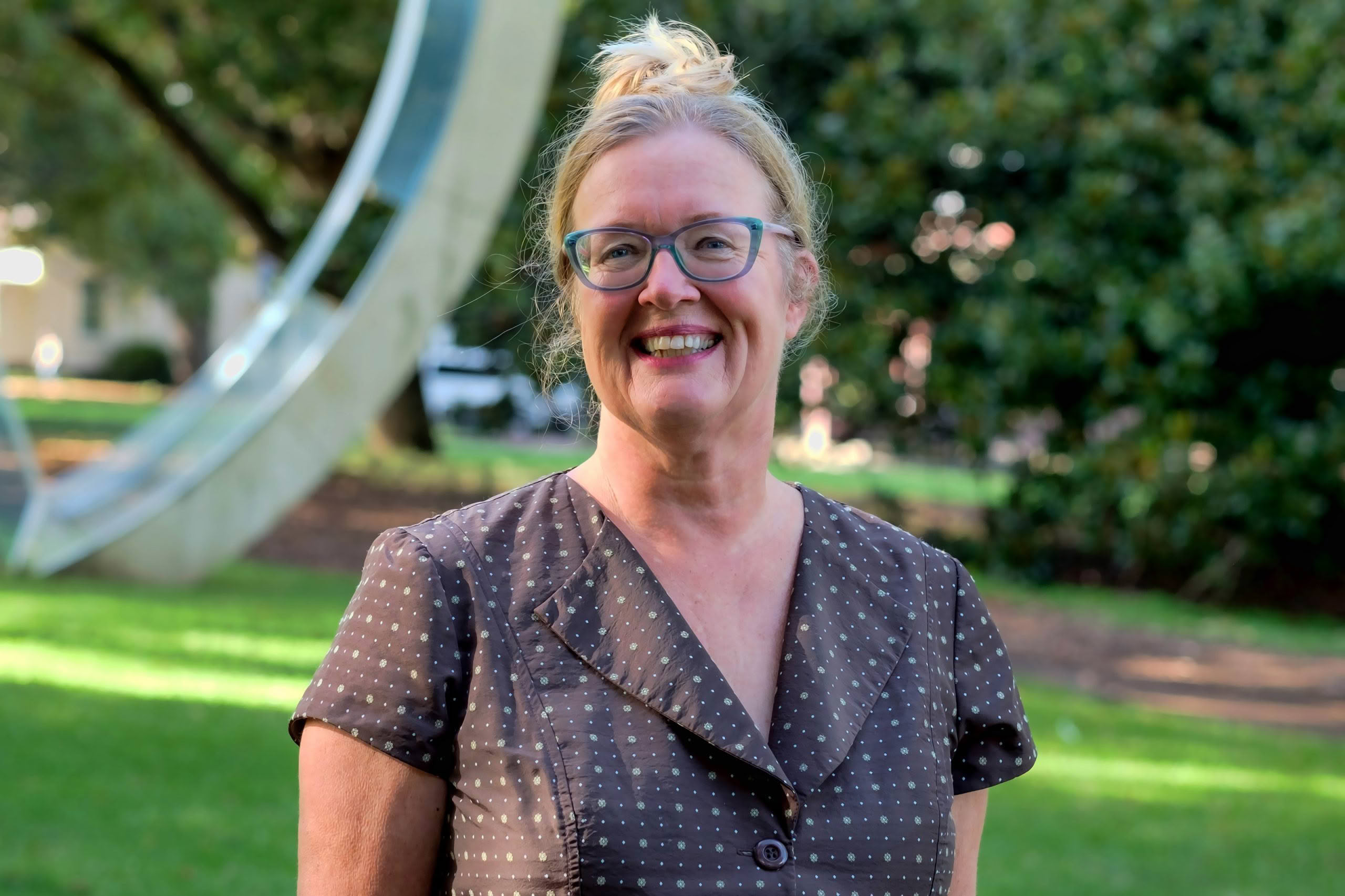
Marjolein Lips-Wiersma
PhD
Marjolein does research at the intersection of meaningful work,
hope and sustainability. She is a full Professor of Leadership, Ethics and Sustainability at the Auckland University of Technology, New Zealand.
Marjo’s research is published in top academic journals, she collaborates with outstanding multinational academics and her research on meaningful work has been foundational to the field. She uses the Map of Meaning in her postgraduate leadership and sustainability courses.
Marjo is co-author of The Map of Meaningful Work: A Practical Guide to Sustaining our Humanity.
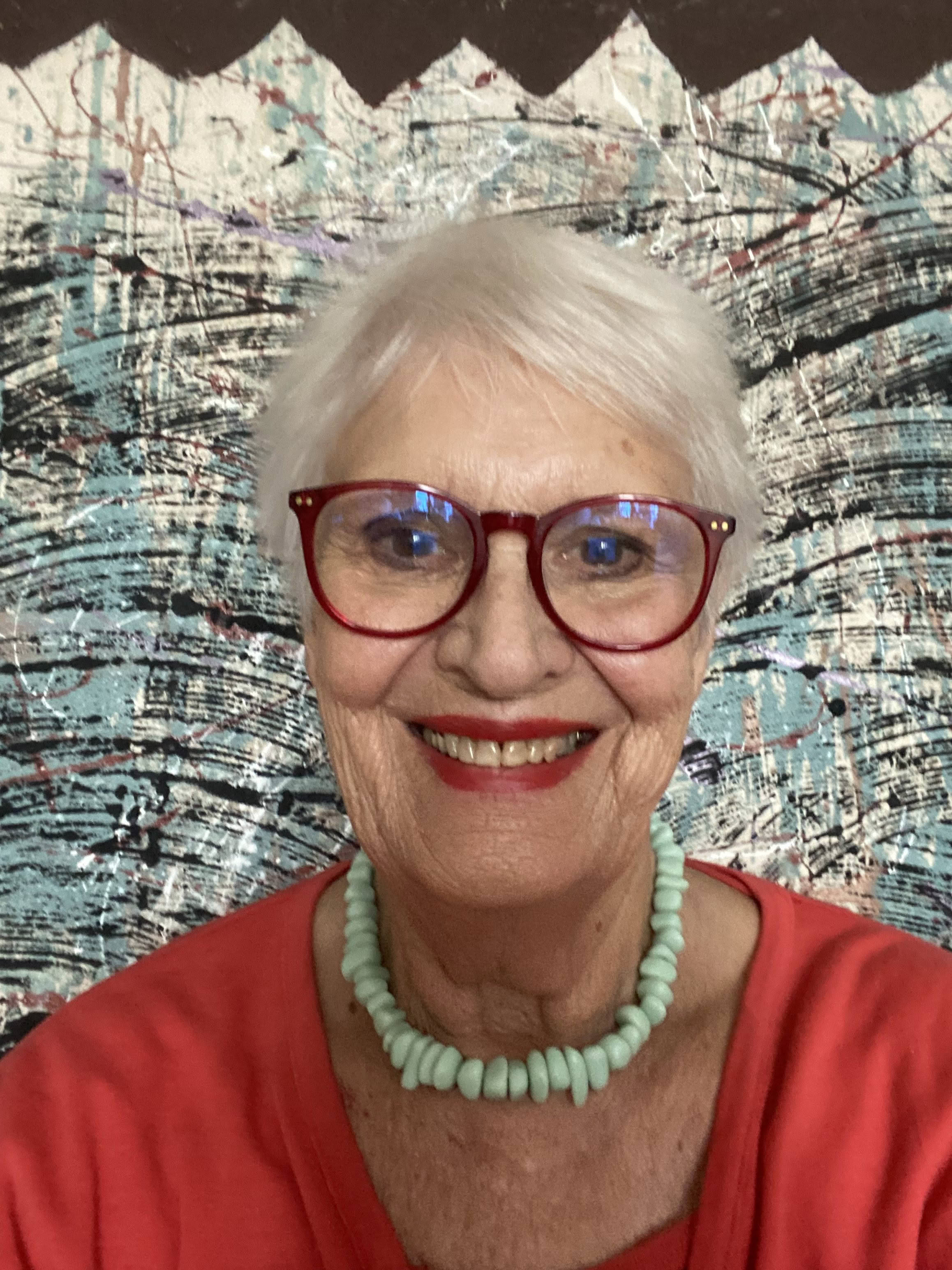
Lani Morris
BA, MBA, MSc
Lani is an independent organisational behaviour practitioner who has studied the human search for meaning all her life. Her work helps people take responsibility for and reclaim power
over themselves, their lives and their work. Her expertise includes: leadership, motivation, clear communication,
innovation, creativity, meaningful work, and how these subjects intertwine.
Lani is co-author of The Map of Meaningful Work: A Practical Guide to Sustaining our Humanity.
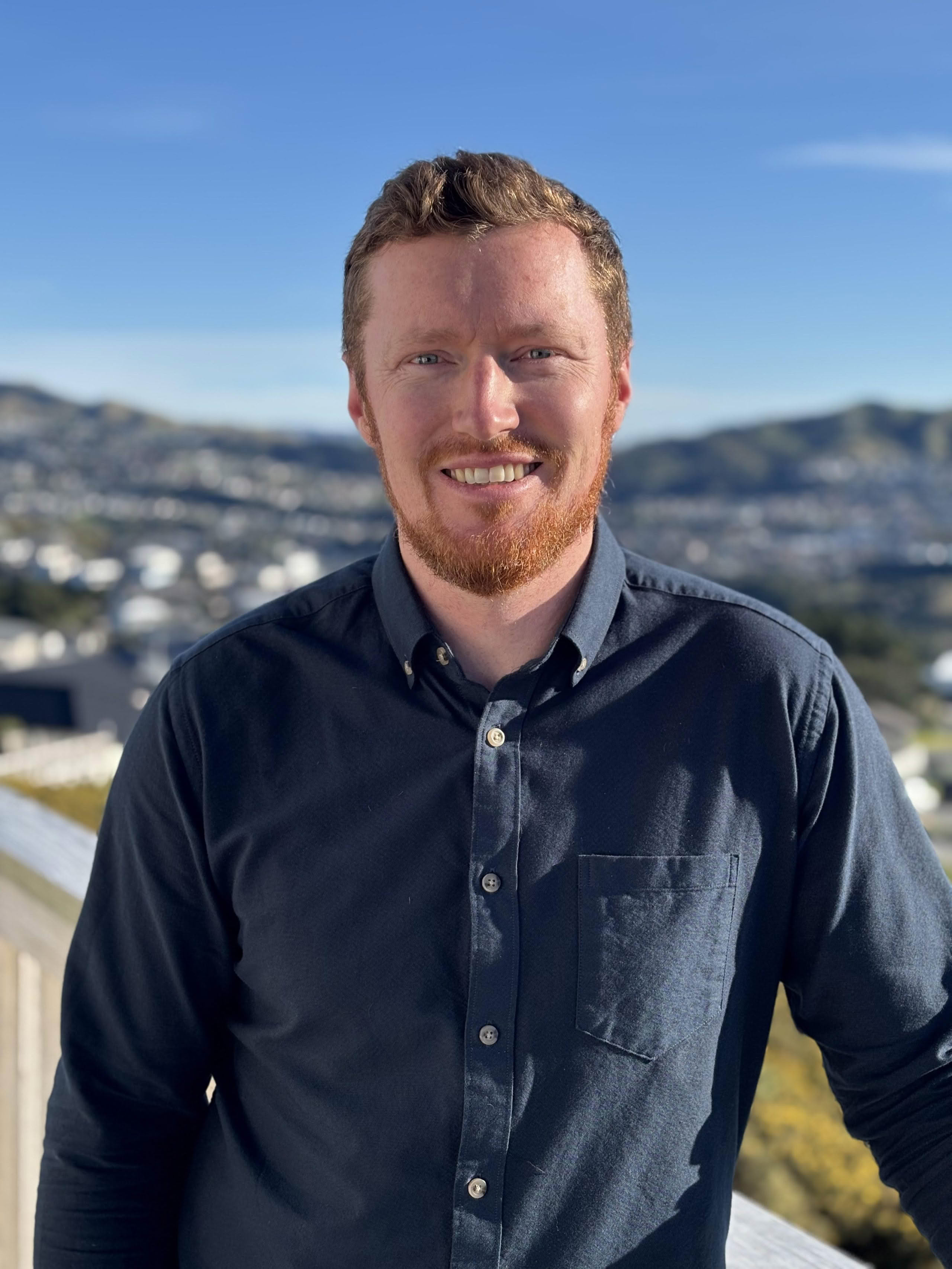
Ralph Parkes
Bachelor of Engineering(BEng)
Originally from Ireland but now resident in New Zealand, Ralph is a Civil Engineer having also specialised in business, accounting and finance.
Ralph is a Director and co-owner of Rise Consulting in Wellington, and a member of the NZ Institute of Directors. He has extensive experience in project management, budgeting and planning.
His passion for improving his own wellbeing and that of others, is what energises him to support the Map of Meaning Trust, as it seeks to expand global reach.
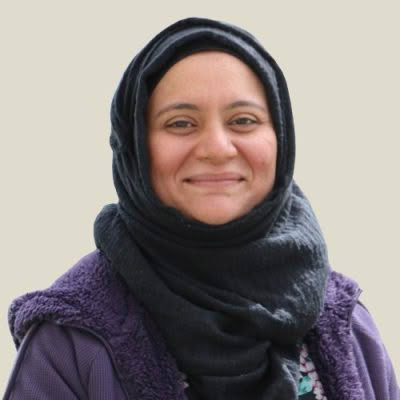
Hafsa Ahmed
PhD
Dr Hafsa Ahmed, MNZM, originally from Hyderabad, India, has been resident in New Zealand, since 2007. Hafsa is a certified futurist, academic, and social impact leader passionate about equity, leadership, and community empowerment. She is a Senior Lecturer at Lincoln University, co-founder of the Lady Khadija Charitable Trust and Director of Unquiet®.
As a leadership guide and futurist, Hafsa helps individuals and organisations examine their narratives to curate purpose-driven, intentional futures. She is also the Programme Director of New Zealand’s only Ethnic Women’s Leadership Programme, which equips migrant women with the tools to lead and thrive. Recognizing her contributions, she was appointed a Member of the New Zealand Order of Merit in 2023 for impactful service to ethnic communities.
As an applied researcher at Lincoln University, Hafsa specialises in exploring the multifaceted realm of stakeholder ecosystem relationships, with a central aim of fostering distributive societies. Her diverse skill set includes offering futures foresight planning, change management and stakeholder engagement advice to organisations and communities.
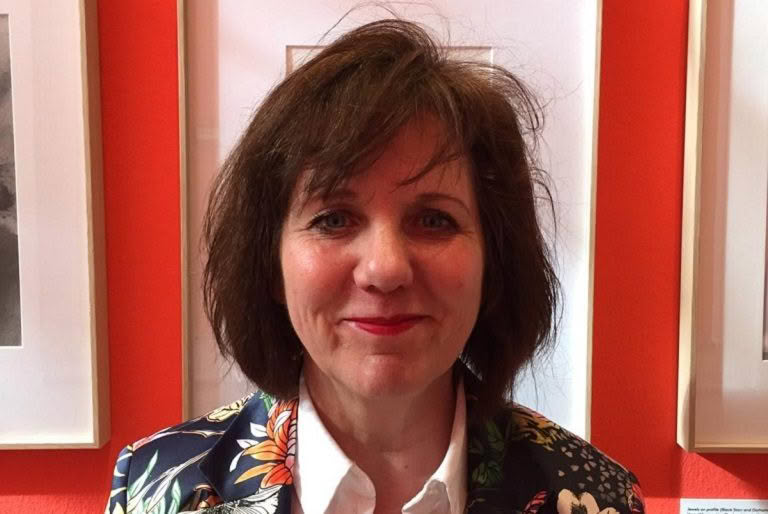
Lilian Kolker
Lilian coaches Management Teams, and as the Lead for Map of Meaning® in the Netherlands, also designs and facilitates Map of Meaning® Courses.
She is convinced that meaningful work and what matters most to people, lie at the heart of developing a great team. She is passionate about supporting people to tap into their energy to do great things together, to make real progress.
Lilian has experienced the joy of working in teams throughout her own career. She was responsible for the mass media campaigns on HIV/Aids in the Netherlands; and has worked as an independent consultant for organisations such as Doctors without Borders, while conducting campaigns in Moscow, Mongolia and Ukraine. Lilian also witnessed powerful teamwork while researching profit and non-profit organisations as Research Director at the Center for High Performance Organisations.
Our History
The Map of Meaning is based on empirical research
Twenty years of testing the model in this wide range of ways, in an ever-expanding range of countries (including Romania, Saudi Arabia, and Brazil) provides the assurance that is robust, relevant and very useful.
The Map of Meaning originated from Professor Marjolein Lips-Wiersma’s original PHD research, for which she surveyed people from a variety of backgrounds and roles, including professional, managerial, blue collar and administrative on what gives meaning to their work.
Our Principles for working with the Map
As the Map of Meaning International Trust, we set ourselves the task of making the Map of Meaning available to you, and to the world. There are eight principles that support the Map of Meaning being used easily, effectively and responsibly by individuals and practitioners.
The Map is a research based framework
Attribution to the source of the Map
Since Meaning is a human experience, use human language when working with the Map.
The Map is based on an inclusive worldview.
All sources of meaning are important and valid.
Honouring the intrinsic dignity of each human being in their search of meaning.
Continually deepening our own meaning practise by using the Map, in order to work more deeply with the framework.
The Map is the product of people's generosity.
Volunteer
If you love the Map of Meaning, and have skills you think we could use, we would love to hear from you.
Collaborate
So many research initiatives connect with work others are doing. Let's work together!
Opportunities
We are expanding as an organisation and would love to hear from you if you think you could help us expand further!
Our Strategic Partners
We are delighted to be aligned in partnership with...

